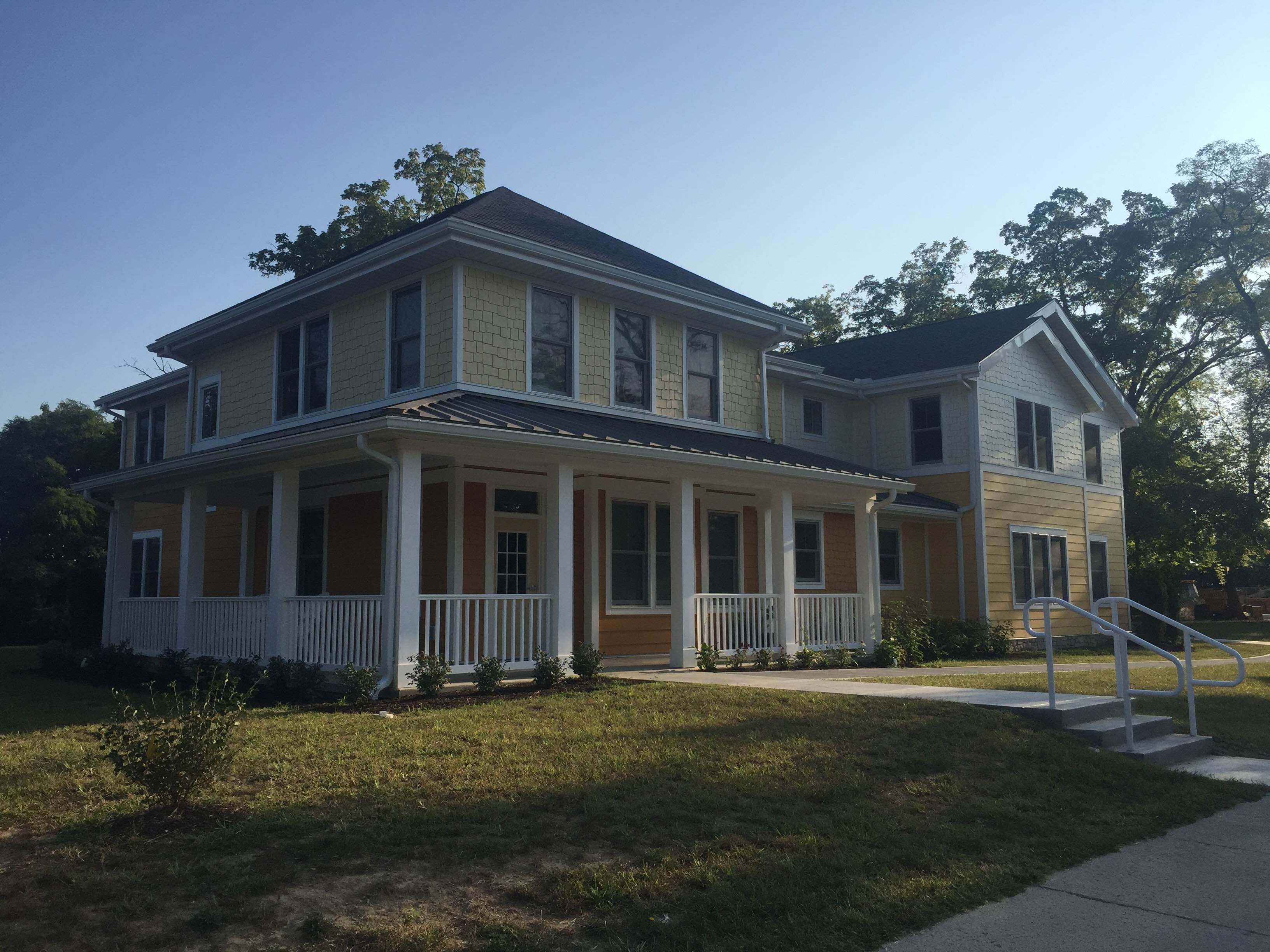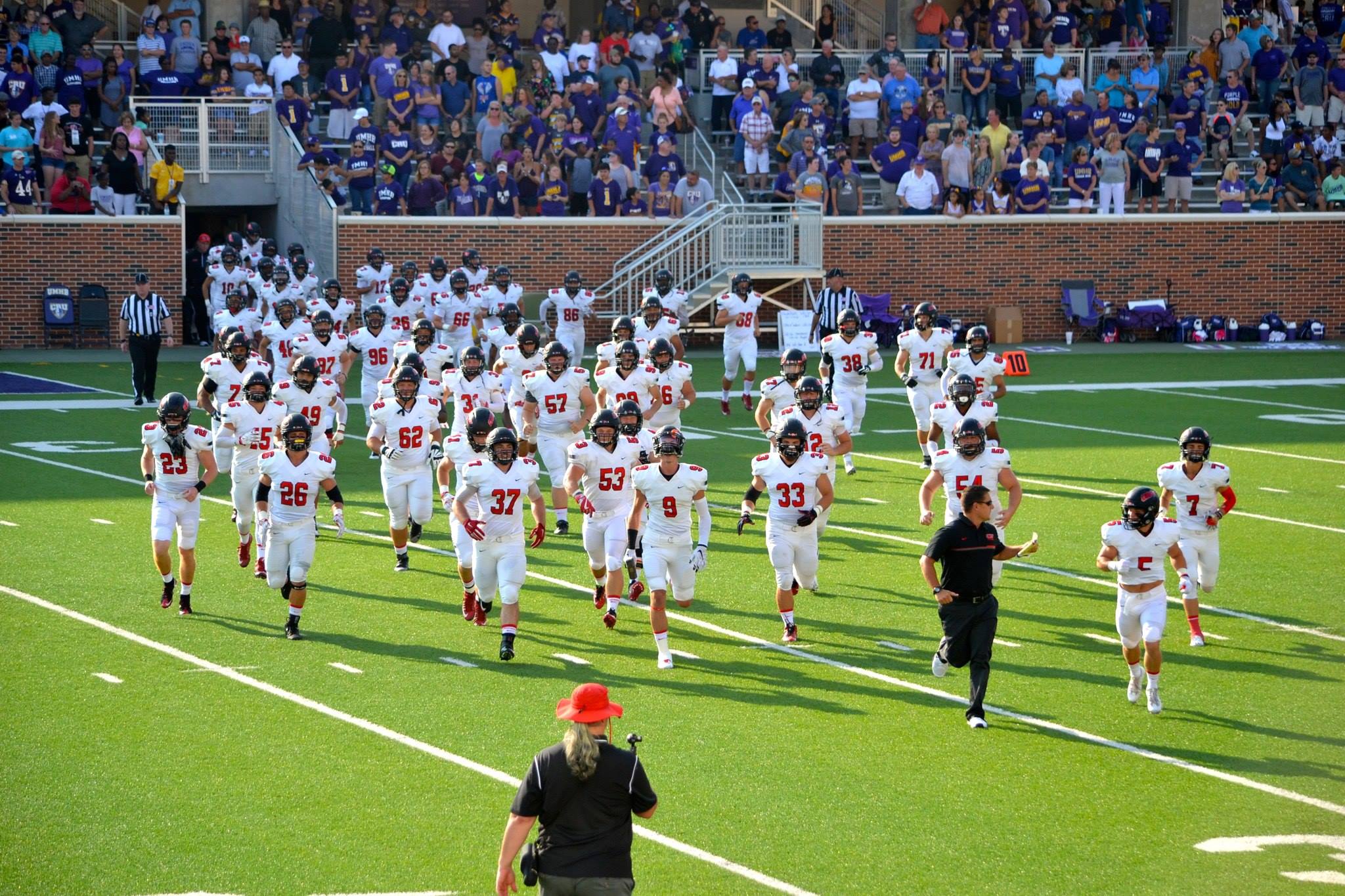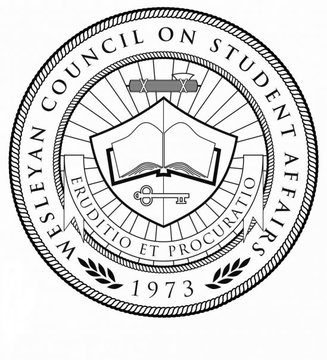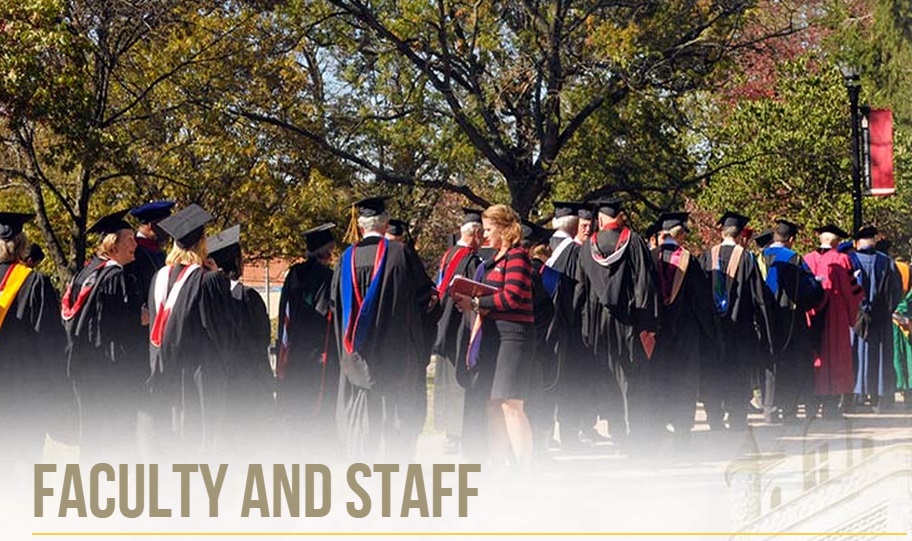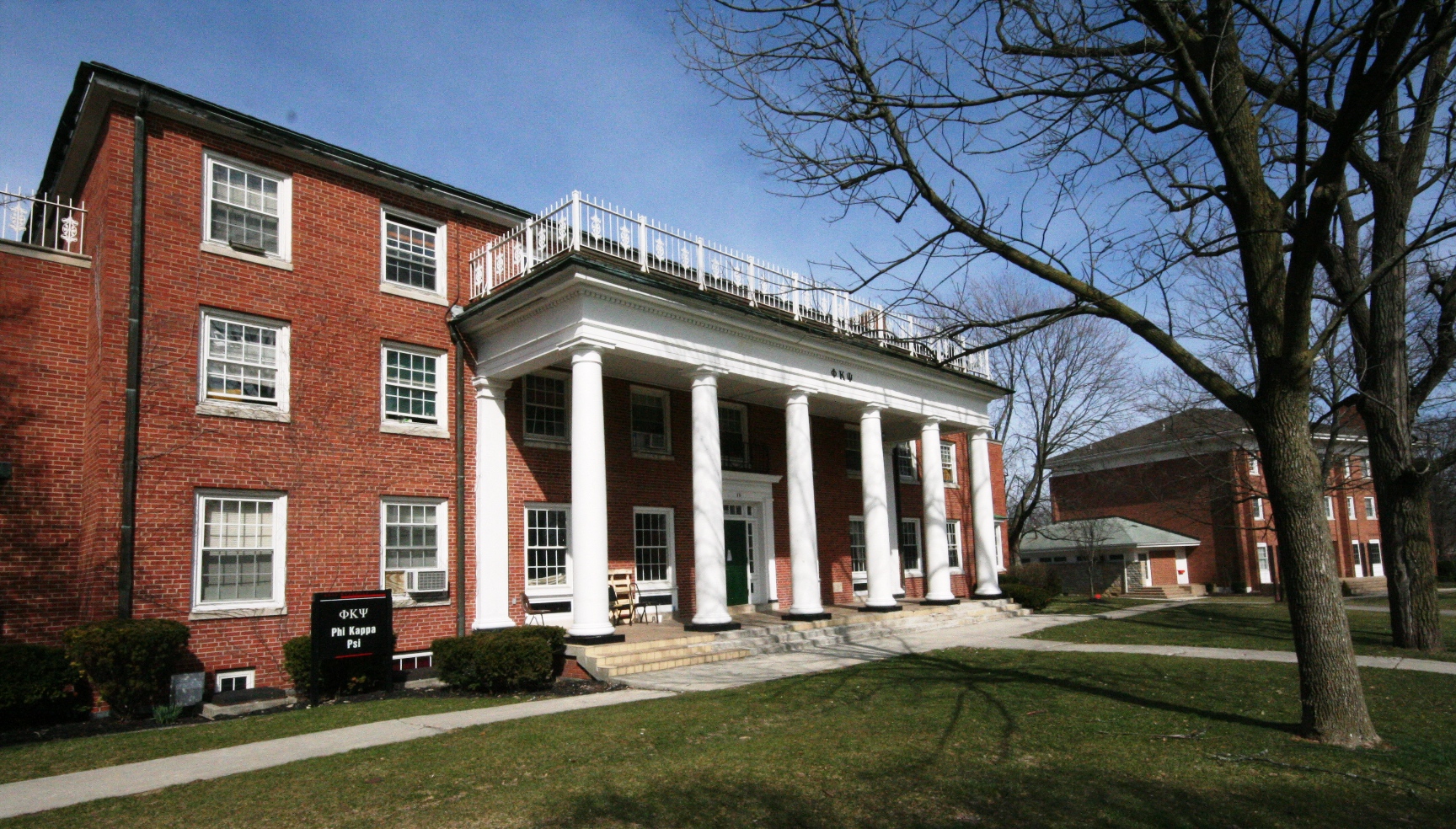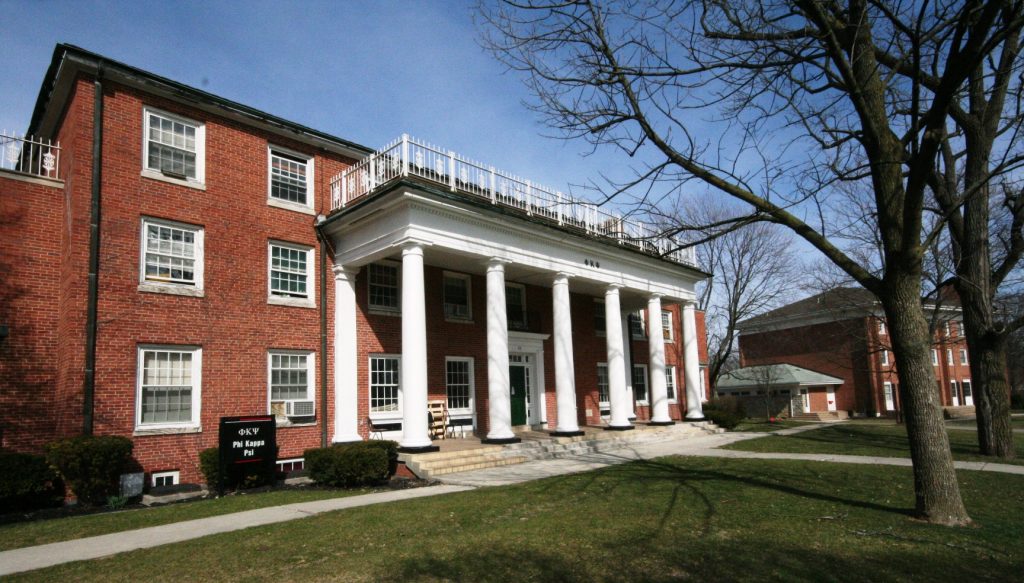By Leah Miza, Photo Editor
As of Friday, Sept. 2 the final numbers are in. Ohio Wesleyan’s first year class of 2016 sprung by 11.4 percent this fall, creating higher and more realistic chances of reachig a total of 2,020 students by the year 2020.
This increase in numbers went hand-in- hand with newly incorporated tactics by the university.
The idea was first passed by the Board of Trustees (BOT) at their February campus retreat, earlier this year. According to the campus retreat report, the board called for a 25 percent growth in total student body over the next five years.
There has been ongoing work since.
Susan Dileno, vice president of enrollment, said many measures influenced the increase in the first year class number, including a revamp of their open house formats and tours, and paying a lot more attention to branding.
“We had Rock [Jones] travel around the country,” she said. “We did around 15 guidance counselor receptions around the U.S.”
Dileno also said the boost in allocating more need-based aid rather than merit scholarships and the addition of a new business major could be other possible factors that contributed to the increase in the freshman class number.
President Rock Jones said that this is a “great first start,” but more needs to be done, including new academic programs and increasing the number of student athletes.
“We’re working to increase transfer student enrollment and we have a significant agenda for increasing international student enrollment,” Jones said. “All of which feeds into increasing the enrollment of 2,020 by 2020.”
Jones and Dileno both stressed the importance of retention rates and anticipate a rise this year.
“We need to continue work on the campus and in particular the residential facilities,” Jones said.
“We’re looking at an idea related to housing for first year students which would be part of our much more comprehensive first year initiatives that will help improve retention.”
Dwayne Todd, vice president for student engagement and success, said that one important step in the retention plan was hiring Brad Pulcini, assistant dean for student engagement and director of the first-year experience.
Todd also stressed the importance of altering the housing facilities for freshmen and continuing students, which has slowly started through the newly built SLUplexes.
“We will begin to expand our planning to improve the housing facilities that serve our other continuing students, including those who live in fraternity houses,” Todd said. “We are currently involved in intensive work to develop plans for a new first-year student housing complex.”
Executives are also working to improve infastructre around campus, which began during the summer with the paving of sidewalks outside Edgar and behind Merrick as well as big renovations in Slocum Hall to the Office of Admission.
According to Todd, they are working with the BOT to determine financial resources, and “look forward to sharing more with the OWU community as soon as we are able.”

